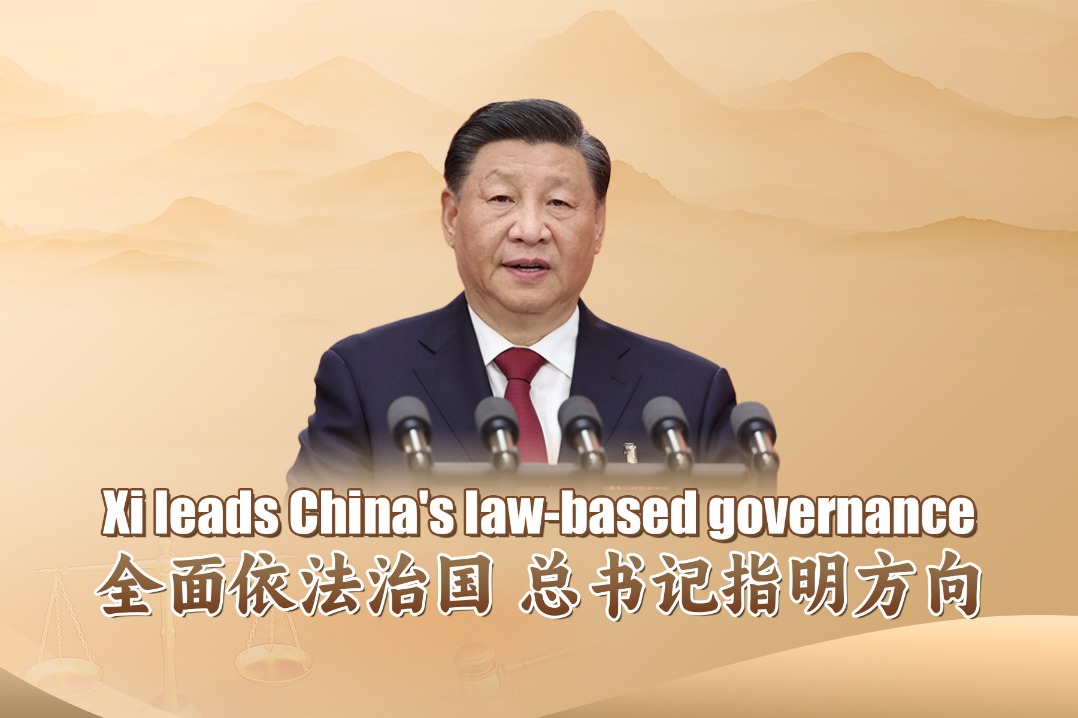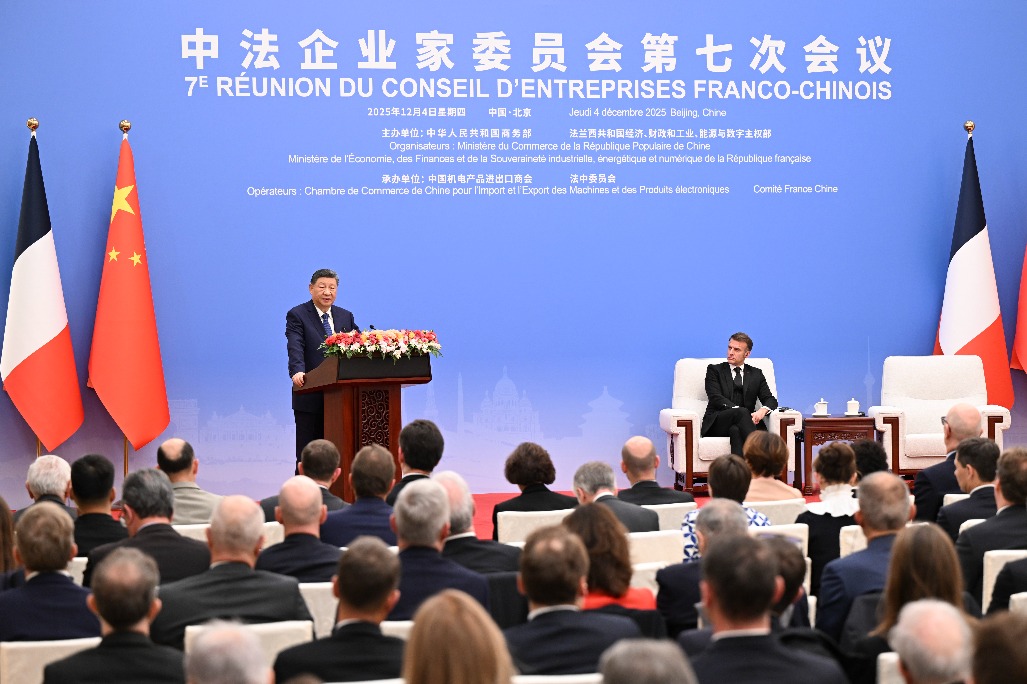Volkswagen quick to adapt to country's EV revolution
Automotive group partnering up with domestic marques to retain hold in market
By LI FUSHENG | China Daily | Updated: 2024-07-29 08:12

Volkswagen is re-adapting to the Chinese market after 40 years in the world's largest vehicle market.
By introducing German engineering and technologies in the age of gasoline vehicles, it won acclaim and reaped success over the decades, establishing itself as one of the most popular carmakers in China.
However, rapid electrification in the country is threatening Volkswagen's position and it is losing ground to domestic marques.
In the first half of this year, the Volkswagen Group sold 1.34 million vehicles in China, down 7 percent year-on-year and more than 50,000 units fewer than BYD.
But the German carmaker, long accustomed to Chinese speed, has been the fastest — if not the first — among international car companies to align itself with local technologies to regain a competitive edge.
Last week, Volkswagen decided to expand the scope of its cooperation with Xpeng to build more electric vehicles using an electronic architecture they are codeveloping.
From 2026, the architecture will be used in all domestically produced Volkswagen models based on the China Main Platform and the MEB Platform, according to the deal. It came after their agreement in April to develop the architecture, which was planned to be used for the CMP models only.
The two companies agreed in July 2023 to develop two models with Xpeng's expertise in EV platforms, smart cabins and autonomous driving.
The two models, which will bear the Volkswagen badge, are scheduled to hit the market in 2026.
Ralf Brandstaetter, Volkswagen Group's board member for China, said: "This will not only strengthen the competitiveness of our global electric platform in China, but also reduce technological complexities and increase our cost efficiency across the region."
Volkswagen is also leveraging the resources of its longtime Chinese partner, SAIC Motor. The two are to codevelop three plug-in hybrids and two pure EVs in China, according to deals the two signed in late June.
The first of the models is scheduled to hit the market in 2026, the same year as the two models codeveloped with Xpeng.
The deals came after an agreement SAIC signed in May with Audi, a Volkswagen subsidiary, to develop a digital platform for SAIC Audi cars.
Analysts said the deals are expected to allow Volkswagen Group to better compete in China's growing but increasingly competitive NEV market, at least compared with other traditional carmakers like Toyota or Ford.
Volkswagen's efforts to stay competitive in China are not limited to partnerships. It has built a mega production and innovation hub in the country dedicated to NEVs.
In April, the carmaker announced an additional investment of 2.5 billion euros ($2.7 billion) to expand the hub and make preparations for the production of future models with Xpeng.
"Our new production and development hub in Hefei will bring technologies to market around 30 percent faster in the future.
"This additional investment in the site underlines our ambition to quickly expand our local innovative strength," said Brandstaetter.
He said the company is also strengthening its decision-making competence and authority in China to make its products and technologies more localized.
"One thing is clear: we will consistently pursue our 'In China, for China' strategy and will further leverage the innovative strength of the market to take a leading role in the era of intelligent connected vehicles," he added.
Analysts said it is hard to predict whether Volkswagen will restore its glory when a slew of new models hit the market in two years' time, as new developments come out faster than in the age of gasoline vehicles.
But its earnest and fast efforts in re-adapting itself and seeking solutions from local technologies and partnerships deserve a thumbs-up, compared with most of the traditional carmakers present in China, they said.
























